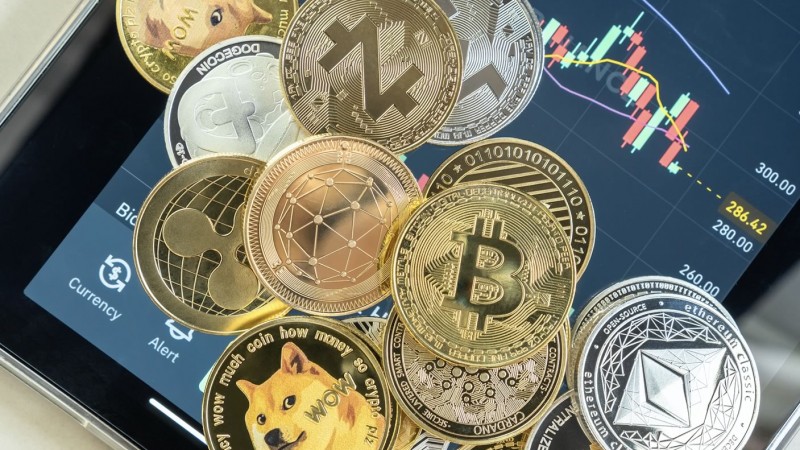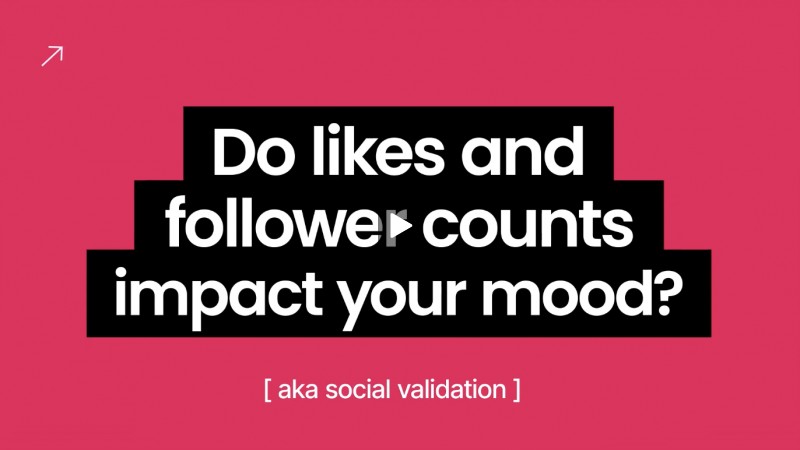Cryptocurrency Hacks and Scams!
- Details
- Written by Will from Holland
- Category: Articles

Scammers just love the cryptocurrency (crypto) world, and they really love people who are new to it. We're hoping you already read our article about "rug pull scams" and "pump and dump" schemes, and that you watched our video on crypto investment trouble, to brace yourself before diving into the treacherous crypto world. But there's plenty more to cover...
Unfortunately, new crypto scams pop up every so often, so we'll continue to be on watch.
First, Hacks:
Hacks happen where a hacker (or a group of them) breaks into a crypto service, exchange, or database, steals the secret keys or login details, and runs off with all the (crypto) money.
There's not a lot you can do about it, personally. But you could use a centralized exchange service. Most reliable exchanges, like Coinbase or Binance for instance, have a process for reporting and possibly returning hacked money.
A great example of this is the 30 million dollars stolen from the crypto.com exchange in 2022. All 500 hacked users were fully refunded.
But hackers can hack directly into your personal crypto wallet, too.
If and when that happens, you can consider your cryptos gone... So, be prepared if using crypto currency!
Here are no-brainer tips when you're setting up your crypto wallet:
-
Create an impossible-to-guess password for your online accounts. Here are a few tips on how you do that.
-
Create different passwords for every different service. You'll be glad you did! You can also use a password manager.
-
Use two-factor authentication. In addition to just logging in to your account with a super-hard-to-hack password, always use two-factor authentication. Connect your phone number to receive a text message and verify a code before you can log in. Or use biometric login options, like a finger print or facial recognition.
Malware Attacks
Hacks are unfortunate and costly. Most of the time hacks occur using malware. The attack is designed to trick or fool you into clicking on a link to a suspicious website or opening an attachment in an email. The hackers might also use a text or WhatsApp message to reach you.
Never click on random links or attachments from people you don't know!
Here's some more info on protecting yourself from these kinds of scams.
In addition to that, always make sure your device's operational software and security software are up to date, and run virus scanners often.
Next, Let's Tackle Crypto Scams...
Phishing Scams
Scammers will create websites that look very much like legitimate sites to try to lure you to log in. They'll send you text messages and/or emails, where they use "binance.co", rather than binance.com, for example.
When you enter your login details on the fake site, you literally hand over your cryptos to the scammer, giving them access to your money.
Always double or triple check that you're at the right location before logging in.
BIG TIP: Bookmark the correct website, and only use that for login, rather than whatever website or email link you encounter.
Also, make sure you pick a crypto wallet, exchange, or broker that has an "anti-phishing passcode" as part of their security package. In any communication to you, these services will include this unique code (that you choose), so you can always verify if a message comes from them, or from a scammer (which wouldn't include this code, obviously).
Fake Hardware Wallets
Many fraudsters try to counterfeit the well-known wallets. They'll target users of known wallets and try to get them to use the modified replacement. They'll also advertise in Google under the brand name of the real product. If you don't pay attention, you may download the counterfeit wallet version rather than the real version, and you will lose your input, guaranteed.
BIG TIP: Make sure to only install software from the official wallet website. If in doubt, do your research and consult a trusted source.
The Job Opportunity (aka Money Mule) Scam
You're contacted via email or phone and offered big money for an easy job. If you accept, the scammers e-transfer a large sum of money to your bank account (usually around $3K). They then ask you to withdraw the cash—leaving a minor amount as wages for your "work", usually around $50-$100—and use it to purchase Bitcoin as part of an employment application process (usually via bitcoin ATM), or deposit funds to a particular bitcoin QR address.
A few days later the money sent via the e-transfer is linked to a stolen bank account and the transfer is reversed by your bank, leaving the victim with a negative balance (your loss is $50-$100) and no crypto.
You're basically a money mule, transferring stolen funds, which is both illegal and costly.
Cheap Sales Offering Scams
People are also scammed over some unbelievably cheap sales offering, such as an amazing car on Craiglist or eBay at half the selling price of similar cars.
Persons interested are asked to make a crypto payment to a QR code or via crypto ATM. After the cryptos are sent, the seller disappears leaving the customer without funds (as crypto payments are not reversible) and with no car.
In this case, if a deal sounds too good to be true, it definitely is!
So, there you have a variety of crypto scams explained. Unfortunately, new crypto scams pop up every so often, so we'll continue to be on watch.
May your cryptos be safe out there.
Will


































